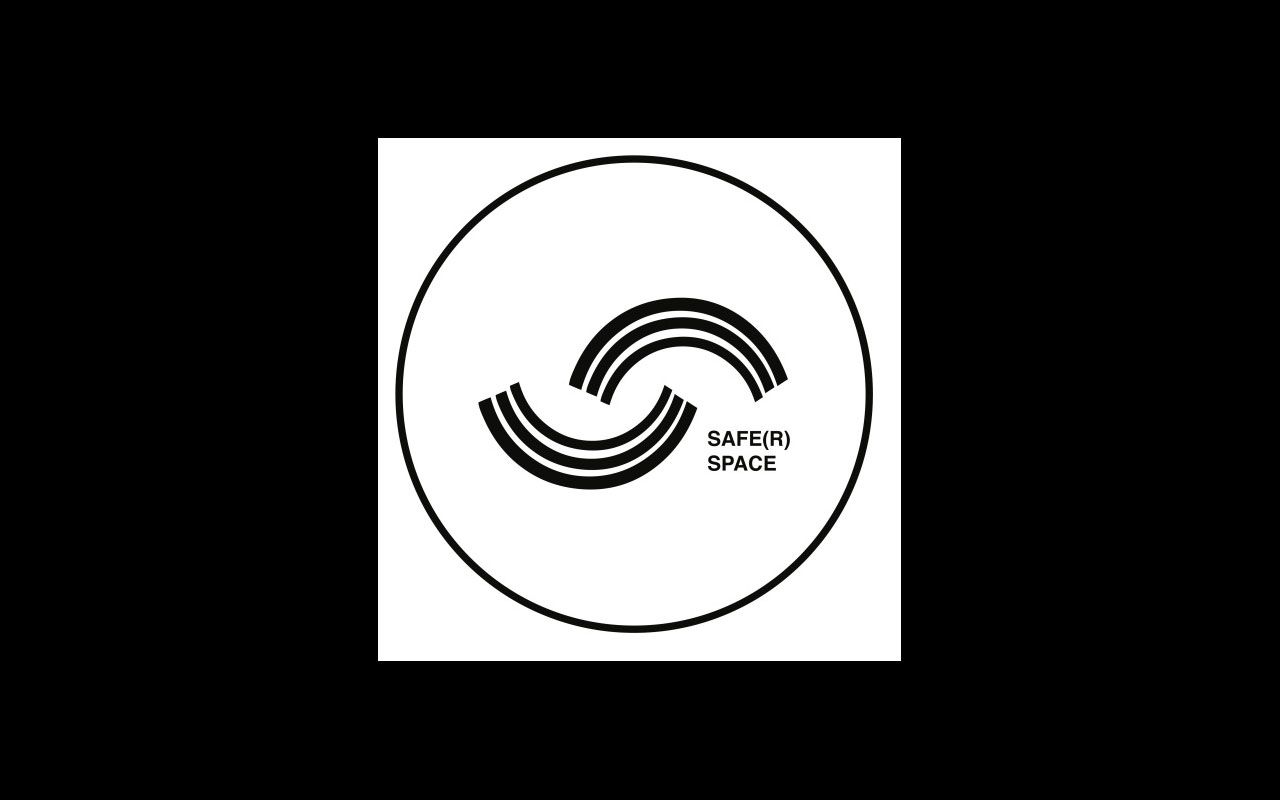
By the time this issue hits newsstands, it will be just under eight months since one of the most powerful players in Hollywood faced his downfall, as the stories of his decades of sexual harassment and assault culminated into a public reckoning. The Harvey Weinstein scandal was the spark that ignited the larger conversation about sexual misconduct in the workplace. While the #MeToo movement was founded in 2006 by Tarana Burke, it has gone viral in the last months as countless women—this writer included—have stepped forward with their own experiences, sharing their #MeToo stories, and bringing attention to the scale and scope of sexual assault in our society.
For too long, and in all sectors, our culture has not supported victims, with many individuals and institutions diminishing reports of any sign of misconduct. And in the jazz world, where women, women-identifying, and non-binary persons are already marginalized, it can be even harder to step forward with allegations, for fear of major repercussions to one’s career, or simply not having structures in place to know how to report such instances. Even at prestigious universities like Juilliard, a female student (one of two in the entire jazz program) is unprotected from sexual harassment and misogyny (“Token Girl,” Medium.com, by Kalia Vandever, trombonist/composer).
Recently, there has been discussion in our own jazz community about the lack of representation of women, trans, and non-binary musicians in major events and festivals on the scene. While many people (primarily cis-men) were quick to argue that lineups should reflect the demographics of a city’s population, the major takeaway was this: women were not being heard. Their own experiences and thoughts were drowned out by men, some of whom even went so far as to cast the “Not All Men” card while simultaneously telling female musicians to “step it up” (sound familiar? #GRAMMYSsomale).
We need to foster a better culture of inclusiveness. Of consent. Of safety. Of diversity. Of artistic freedom. Which is why I’m proud to announce that Earshot Jazz has officially adopted the We Have Voice Code of Conduct (seen here).
We Have Voice is a collective of 14 female and non-binary jazz musicians, whose mission is to create initiatives that actively enrich our performing arts community and to bring awareness to issues of inequity, including but not limited to sexual harassment and bullying, and to shift the cultural landscape within our community to foster awareness, inclusion, and the creation of safe(r) spaces for all.
Earshot Jazz has always fought for tolerance, representation, and free thinking, but, with this Code, we are publicly committing to doing more for the Seattle jazz scene and beyond.
The tides are turning, albeit slowly. All of us—artists, audiences, and presenters, women, men, trans and non-binary persons alike—should be engaged in the fight for equity and equality, continuing the conversation through our work, collaborations, patronage, and curation. If you see or hear something, speak up; and if someone is speaking to you, listen.
Jazz is unlike any other art form, constantly evolving. And if the music can evolve, shouldn’t those who make and present it be able to evolve with it?
–Caitlin Peterkin, Editor